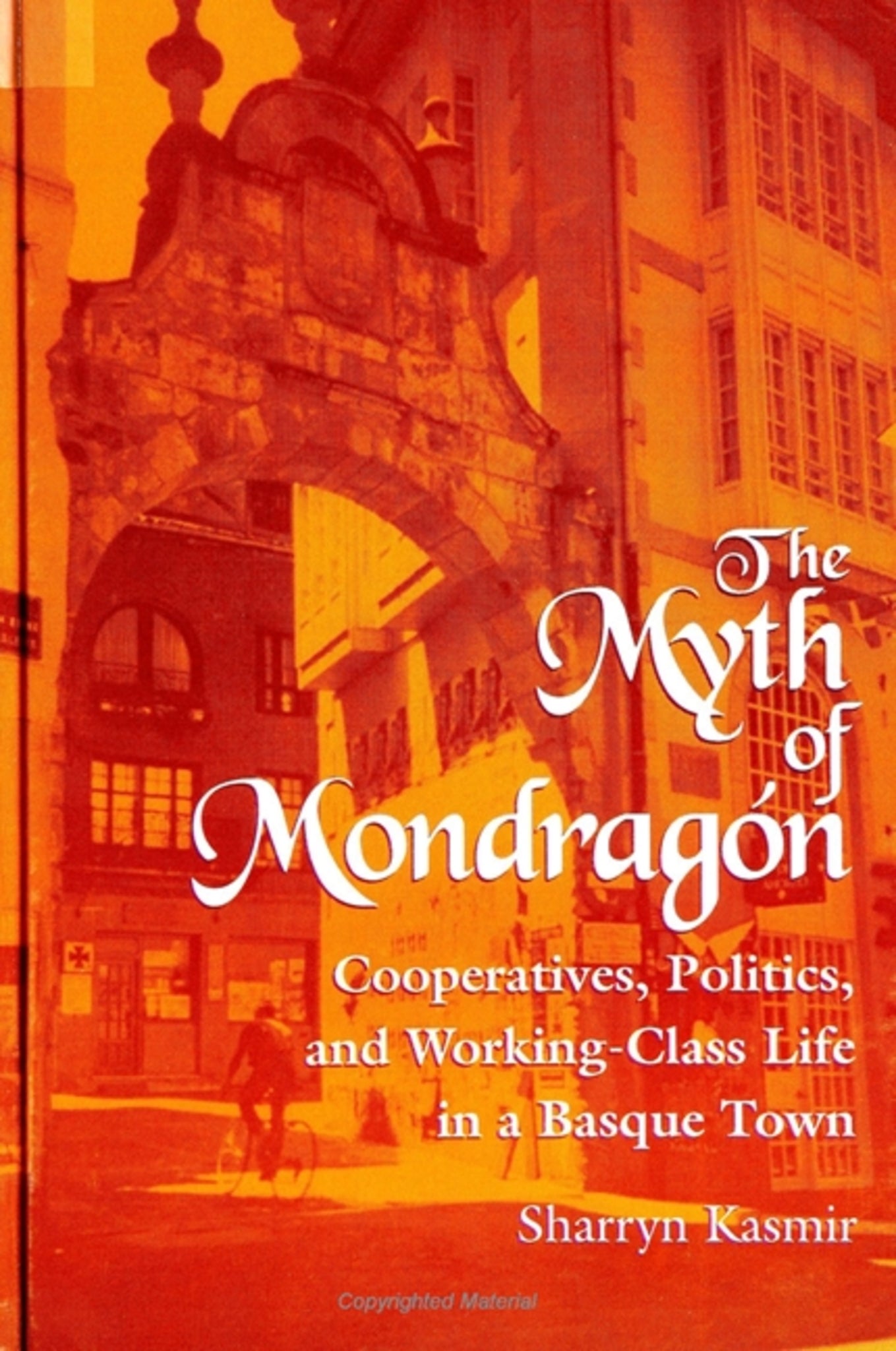We're sorry. An error has occurred
Please cancel or retry.
The Myth of Mondragon

Some error occured while loading the Quick View. Please close the Quick View and try reloading the page.
Couldn't load pickup availability
- Format:
-
03 July 1996

Shows how the creation of an idealized image of the Mondragon cooperatives is part of a new global ideology that promotes cooperative labor-management relations in order to discredit labor unions and working-class organizations.
This is the first critical account of the internationally renowned Mondragon cooperatives of the Basque region of Spain. The Mondragon cooperatives are seen as the leading alternative model to standard industrial organization; they are considered to be the most successful example of democratic decision making and worker ownership. However, the author argues that the vast scholarly and popular literature on Mondragon idealizes the cooperatives by falsely portraying them as apolitical institutions and by ignoring the experiences of shop floor workers. She shows how this creation of an idealized image of the cooperatives is part of a new global ideology that promotes cooperative labor-management relations in order to discredit labor unions and working-class organizations; this constitutes what she calls the "myth" of Mondragon.


"The topic—class consciousness, struggle, and cooperativism—is significant for several reasons. First, Mondragón cooperatives have been the object of much attention by social scientists, but previous work has viewed them from managers', not workers' perspectives. By using the perspective of workers, Kasmir not only shows that there is conflict between managers and workers in the cooperatives, but that workers in cooperatives and in private factories have not always acted together. This perspective also enables her to draw out very effectively the links between managers, the ideology of cooperativism, and Basque nationalist politics.
"Second, the analysis of cooperatives and class in Mondragon has important broader implications about contemporary class patterns. By looking at the ideology of cooperativism in its larger political and social context at different times, Kasmir raises important questions for class analysis elsewhere." — Frances Rothstein, Towson State University
List of Illustrations
Foreword by June C. Nash
Preface
Acknowledgments
Notes on the Text
Introduction: The Mondragón Model and the Remaking of Industrial Working Classes
1. Making the Myth of Mondragón
2. The History of Mondragón as a Working-Class Town
3. Cooperativism and Middle-Class Reforms
4. Remaking the Basque Working Class
5. Comparing a Cooperative and a Standard Private Firm
6. Fagor Clima and Mayc, S. A.
7. Cooperatives, Politics, and Working-Class Life
Conclusions
Appendix: Basque Syndicates, Political Organizations, and Parties
Notes
Works Cited
Index



